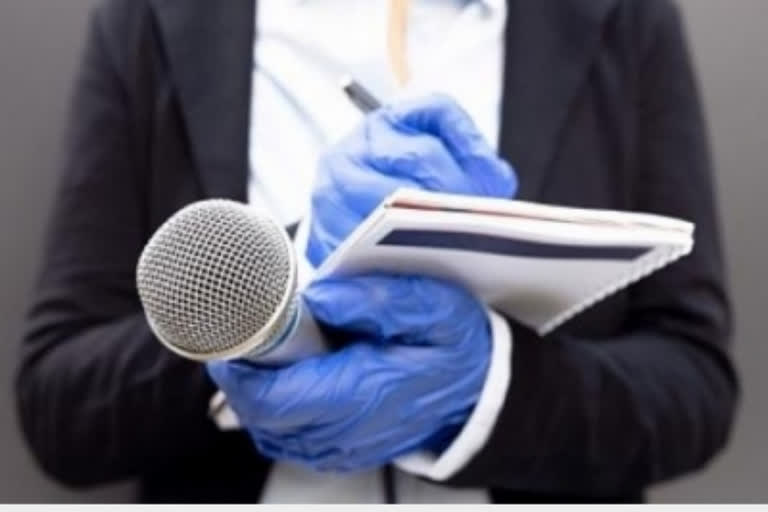New Delhi: A Delhi court has observed that there is no legal exception for journalists who need to reveal their sources to investigating agencies, particularly when doing so is vital to support and aid in the investigation of a criminal case. The observation was made by Chief Metropolitan Magistrate of Rouse Avenue Courts, Anjani Mahajan. The Central Bureau of Investigation (CBI) issued a closing report in a case pertaining to a report published in newspapers and aired on TV channels regarding allegations of disproportionate assets against late Samajwadi Party supremo Mulayam Singh Yadav and his family members.
The CBI filed a complaint alleging that unidentified individuals had prepared fraudulent and falsified report to harm the reputation of CBI. It was stated that these people engaged in a criminal conspiracy with the intention of forging documents and using them as real documents in order to spread misleading information. However, the court observed that a bare perusal of the closure report showed that the CBI had declined to carry the investigation to its logical conclusion.
Also read: If journalism falters, democracy will collapse: Justice Srikrishna
"Merely because the concerned journalists denied to reveal their respective sources, as stated in the final report, the investigating agency should not have put a halt to the entire investigation. There is no statutory exemption in India to journalists from disclosing their sources to investigating agencies, more so where such disclosure is necessary for the purpose of aiding and assisting in the investigation of a criminal case," the court said. "The CBI is well within its power to direct the concerned journalists/news agencies by way of notices to provide the required information and bring to their notice the requisite facts of the case warranting disclosure of the information as per law," it further noted.
The court noted that only Chaubey was mentioned as a witness in the list of witnesses filed by CBI along with the closure report and there was no mention of journalists Deepak Chaurasia, Bhupinder Chaubey and Manoj Mitta as they were also examined. There are no statements of Deepak Chaurasia and Manoj Mitta on the record nor are they cited as witnesses in either of the lists of the witnesses filed by the CBI. "Further, based on such information, additional clues regarding the identities of the culprits who entered into the alleged criminal conspiracy, prepared and fraudulently and knowingly used as genuine the forged document by providing it to the media/ getting it published/aired, could be found and probed. Further investigation on this aspect is thus required to be conducted," it added. (IANS)



